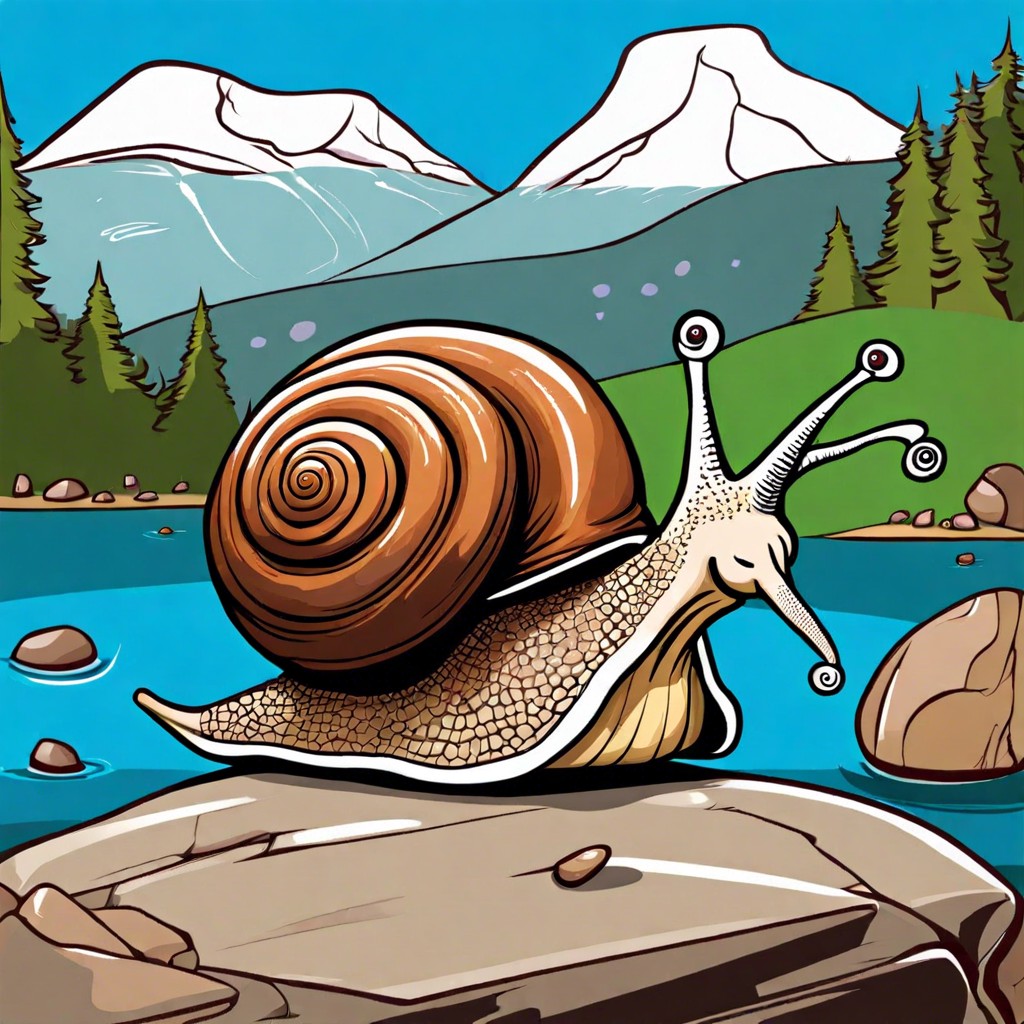Wondering what to do if a spider bites you?
So, you’ve found yourself wondering what happens if one of those eight-legged creatures decides to sink its fangs into you? Well, you’ve landed in the right web! From spotting those immediate symptoms to knowing when to sound the alarm for medical help, and even busting a few myths, we’ve got your back (and hopefully the spider doesn’t). Stick around, and we’ll also dish out some expert advice on preventing those bites in the first place! Let’s dive in!
Key takeaways:
- Immediate symptoms: Redness, itching, pain, cramps, headaches, fever.
- First aid: Wash, cool compress, pain relievers, elevation, no scratching.
- Seek medical help: severe pain, ulcers, dizziness, sci-fi bite, breathing issues.
- Myths debunked: Spiders shy, few venomous, not hunting, vinegar useless.
- Prevent bites: wear gloves, seal cracks, tidy up, use oils, lights off.
Immediate Symptoms to Watch For

So, you’ve been chomped by a spider. First things first: keep calm. Not all spiders are villains from a horror movie. But do keep an eye out for some classic symptoms.
Redness and swelling around the bite are common. This is just your body’s way of saying, “Hey, something’s up.”
Next, itching. We’re talking about a level of itchiness that could rival a mosquito bite on a summer night. Try not to scratch.
A bit of pain might also kick in. It can range from “Oh, that’s annoying” to “Yikes, that smarts!”
Some folks might even get muscle cramps. These unwelcome spasms usually mean the spider had a bit more venom.
Lastly, headaches and fever. If these show up, your eight-legged friend might have packed a punch with its bite. Time to keep a closer lookout.
Remember, most reactions are mild. But stay vigilant. Your skin and nerves will thank you.
First Aid Steps
Don’t panic. That’s step one. If you’re flipping out, you’re not fixing anything.
Next, wash the area with soap and water. Sounds simple, right? Because it is. Cleanliness is your first line of defense.
Apply a cool compress to the bite area. This isn’t just a chance to hold a cold pack and feel dramatic. It actually helps reduce swelling and pain.
If the swelling continues to grow or turns into a cruel impersonation of a balloon, over-the-counter pain relievers like ibuprofen can be your best friend.
Oh, and elevation isn’t just for mountain climbers. Raise the affected limb to reduce swelling. This is the time to kick back and—doctor’s orders—put your feet up.
Lastly, skip scratching. It’s not a lottery scratch-off; you won’t win anything. Scratching increases the risk of infection and just makes everything worse.
These steps can turn you from a spider bite victim into a cool, collected combatant in the war against painful arachnid encounters.
When to Seek Medical Attention
Some spider bites are like a bad date—unpleasant but not catastrophic. However, there are times when a spider bite should send you running (or limping) to the doctor faster than a Black Friday shopper.
If you experience severe pain around the bite, it’s a red flag. Think about it: if your skin starts feeling like it’s on fire, it’s shouting for help!
Ulcers, blisters, or rapidly spreading redness? This isn’t a time for DIY remedies. Head to the doc.
Feeling dizzy, nauseous, or just generally ready to keel over? These are not symptoms to power through with some hot tea and a blanket.
The bite location starting to look like something out of a sci-fi movie—swollen, turning colors, or oozing mysterious liquids? That’s an urgent care situation right there.
If you start to breathe like you’ve just run a marathon but you’ve only walked to the fridge, it’s serious. An allergic reaction could be in play. Time for medical help.
In short, when in doubt, get it checked out. Save the DIY for fixing a leaky faucet, not assessing mysterious bug bites.
Common Myths and Misconceptions
Forget the Hollywood hype; not every spider bite transforms you into a superhero. Most spiders are shy introverts that would rather swipe left than sink their fangs into you.
First, not all spiders are venomous. In fact, only a handful out of thousands are harmful to humans. Uncle Bob’s story about the killer spider from Australia? Pure fiction.
Another misconception is that all spider bites leave you with a gnarly, necrotic wound. Spoiler alert: only a select few, like the recluse spiders, have venom potent enough to do so. Most bites are less dramatic than a mosquito nibble.
Let’s also debunk the idea that spiders actively hunt humans. We’re just big, scary giants to them. They bite purely out of self-defense, not out of some sinister plot to ruin your summer BBQ.
And, no, vinegar does not neutralize spider venom. It might make your salad zesty, but it won’t do much for a spider bite. Stick to scientifically-proven first aid methods.
Preventing Spider Bites
Wear gloves when gardening or moving boxes in the attic. Spiders love cozy, undisturbed places, just like those unworn shoes under your bed. Shake out shoes and clothing before putting them on to dislodge any lurking arachnids.
Seal cracks and gaps in windows, doors, and walls. If you don’t invite spiders in, they’re less likely to come. Keep your house tidy. Spiders are apparently not fond of cleanliness; reducing clutter reduces their hiding spaces.
Use essential oils like peppermint, tea tree, or eucalyptus. Spiders find these scents repellent—who knew they had delicate olfactory systems? Finally, keep outdoor lights off when possible. Fewer bugs means fewer reasons for spiders to hang around.




